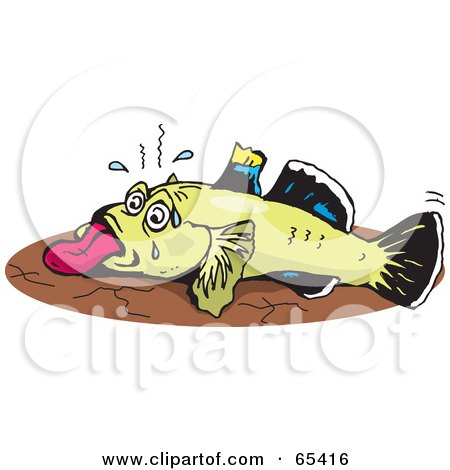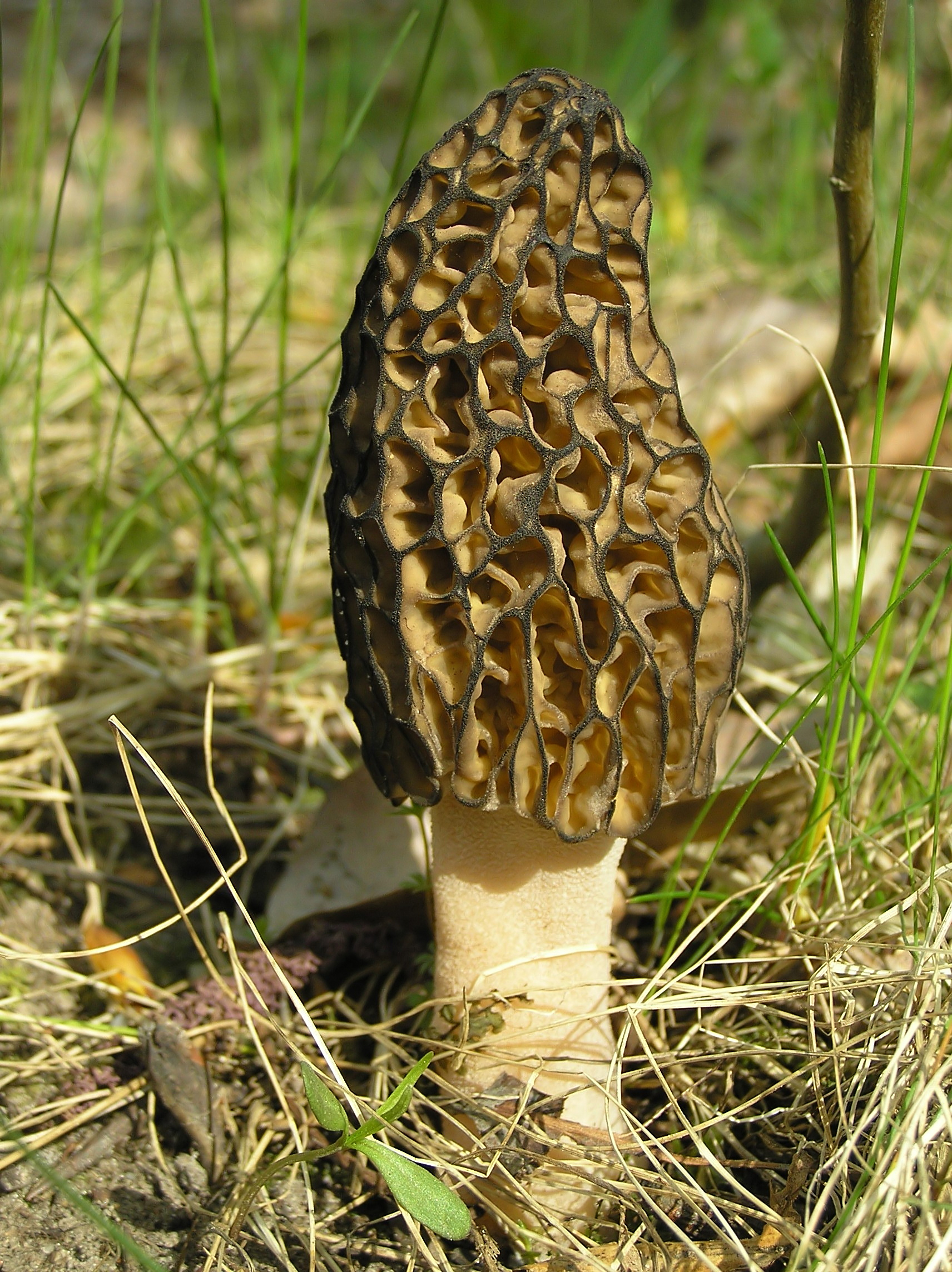From bubbler to drinking fountain and coke to Sodi-pop there are many different words for MANY different things. Each dialect of North American English (NAE) will have words that will be foreign to all the dialects of English including the subset of NAE.
Here I am going to just through down words from various NAE dialects. Hope you enjoy (won't list the meaning).
Here I am going to just through down words from various NAE dialects. Hope you enjoy (won't list the meaning).
- Faucet
- Spigot
- teeter-totter
- seesaw
- dandle
- cabinet (not what you are thinking)
- grinder
- johnnycake
- leaf peeper
- rotary
- catty corner
- kitty corner
- stoop
- breezeway
- hoagie
- jimmies
- pavement
- bubbler
- davenport
- euchre
- hot dish
- yooper
- barn-burner
- hoosier
- billfold
- chill bumps
- commode
- fix
- house shoes
- yonder
- poke
- loobery or lubery
- buggy
- anagogglin/sigogglin
- pecker wood
- sparkin'
- roly poly
- crawdad
- tchotchke
- gewgaw


